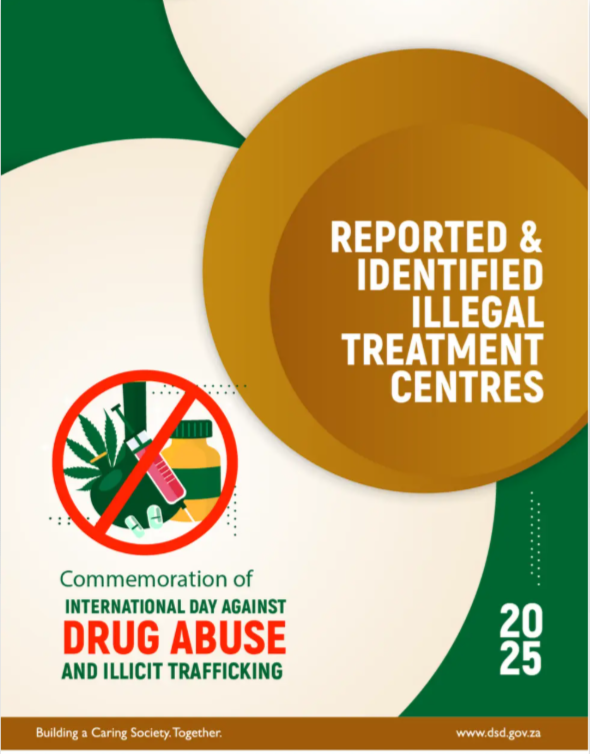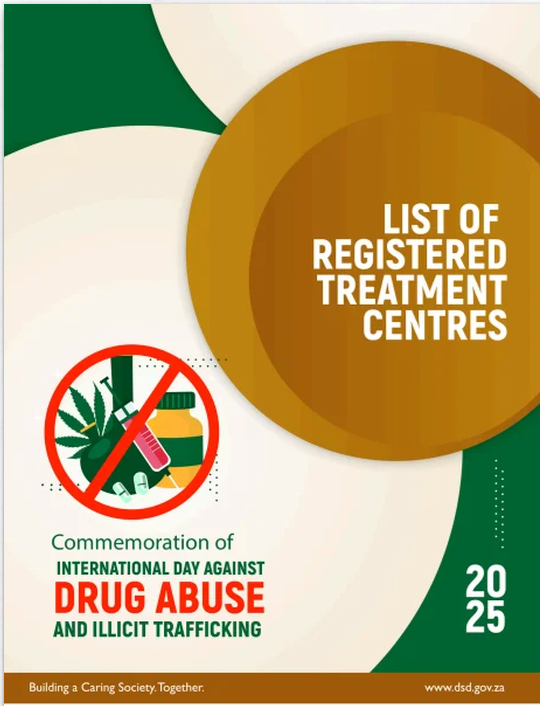By Precious Mupenzi.
- A new national webinar series has been launched to drive evidence-based policy dialogue on strengthening South Africa’s social security system for vulnerable groups.
- The series, grounded in Social Security Review Volume 2: Social Security in the Time of COVID-19, explores how the pandemic exposed deep-rooted weaknesses and seeks to guide future policy reforms.
- The opening session underscored the urgency of extending protection to historically marginalised groups and strengthening public understanding of the role of social security.
The Department of Social Development (DSD) and the Human Sciences Research Council (HSRC) have launched a national webinar series to address gaps in South Africa’s social security system, focusing on vulnerable groups such as informal workers and migrants.
“The authors have done a tremendous job in exploring the different facets of our social security landscape. Through these chapters, they provide very important insights on the critical gaps in our social security system and how we must address them going forward.”
These were the opening remarks by Mr Anthony Makwiramiti from the Comprehensive Social Security Branch at DSD, during the first webinar in the series, held virtually on 7 August 2025 under the theme Advancing Social Security: Exploring Pathways to Resilience Post-COVID-19. The session, titled Bridging Gaps: Social Security Coverage for Vulnerable Groups, forms part of a broader initiative in partnership with HSRC.
Makwiramiti emphasised that while emergency measures during the pandemic saved lives and livelihoods, systemic challenges such as poverty, inequality, and unemployment pre-dated COVID-19. “These conversations must extend beyond the pandemic,” he said, highlighting that Volume 2 focuses on extending social protection to atypical and informal sector workers, migrant workers, unemployed working-age adults, and improving institutional and fiscal frameworks.
He called for honest engagement and research-driven policy reform, noting that the series aims to deepen collective understanding and move public discussion beyond misconceptions. “Social security has always come to the fore to protect households. It must remain a cornerstone of our society,” he said.
The session also featured presentations by Prof Marius Olivier on migrant legal frameworks and by Mr Shaka Bob and Ms Shirin Motala on parental protection for informal workers. Discussants, including Prof Nomkhosi Xulu-Gama and Prof Francie Lund, reflected on policy implications and the need for inclusive reform.
Makwiramiti closed by encouraging participation in the next session on 14 August 2025, Integrative Support: Child Support Grants, Food Assistance, and Economic Stability, and confirmed that preparations for Volume 3 are already underway. “Ultimately, in government, we say: leave no one behind. And for us in social development, that means working deliberately and progressively to address these gaps and transform the system for the better,” he said.




